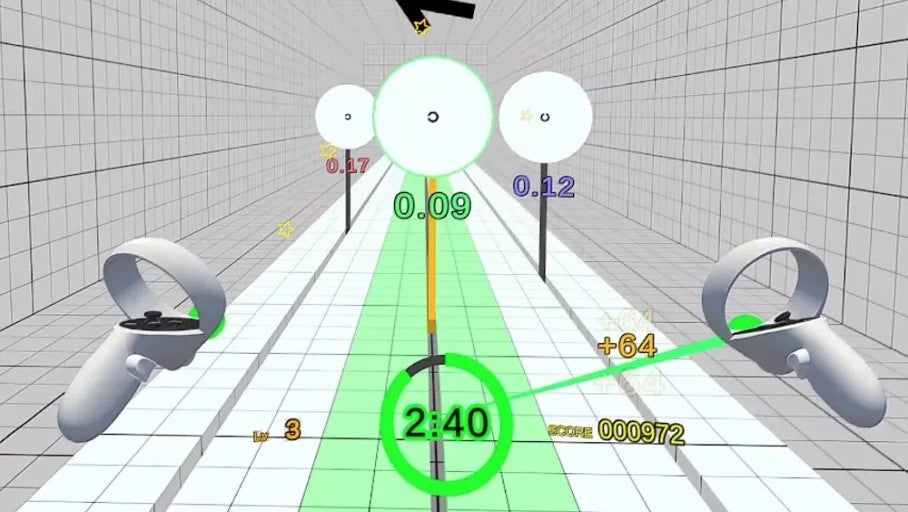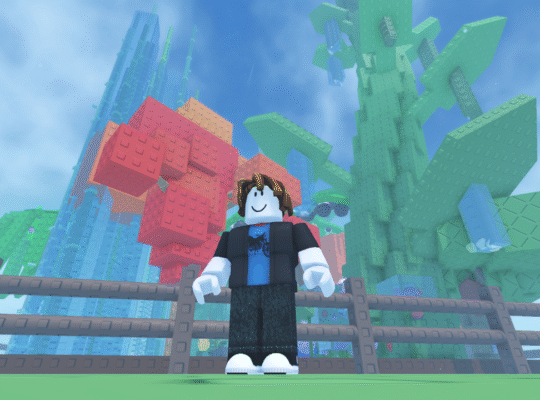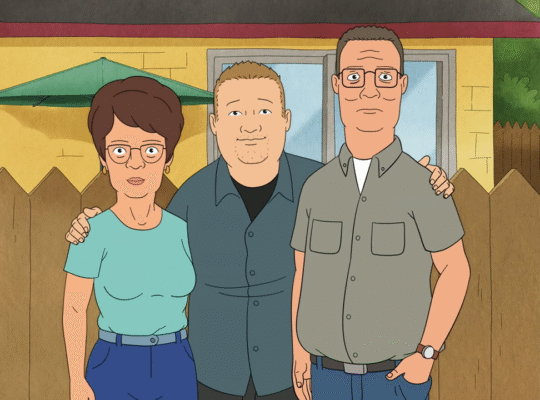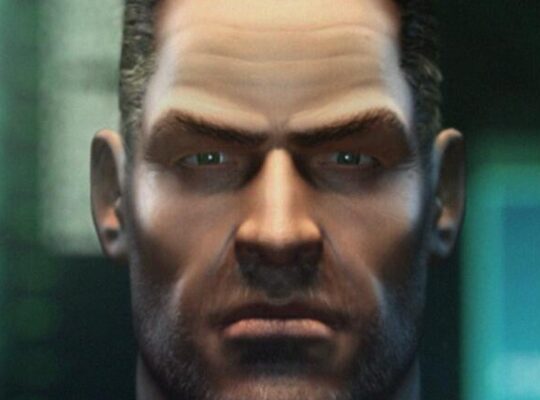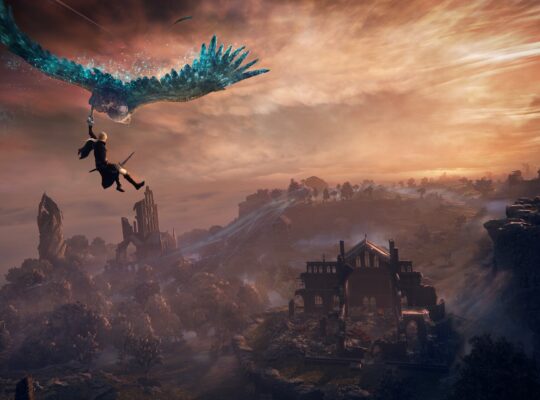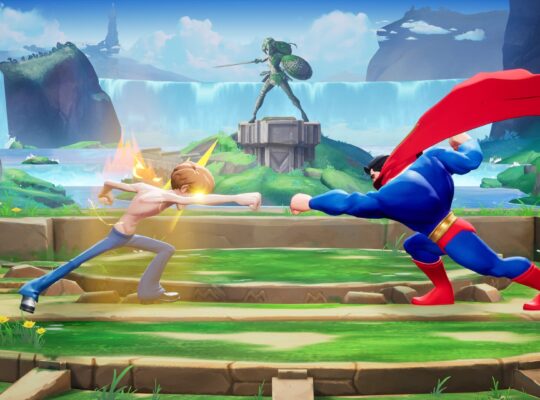
With smartphones, game consoles and computers, it’s easy to rack up screen time these days. Of course, this isn’t great for your eyes, as anyone who has suffered an eyestrain hangover after spending hours gaming or doomscrolling knows. Staring at screens all the time tires out the ciliary muscles in your eyes that are responsible for focusing on objects, which can cause you to become near-sighted. However, the answer to improving your vision could be… more gaming?
In a recent study, researchers at Kwansei Gakuin University in Japan developed a VR game that aims to improve players’ eyesight. Although more research is needed, this game could potentially be used to help people with simple myopia (near-sightedness) bolster their vision.
It’s a relatively simple target shooting game developed in Unity for Meta Quest 2. The game features three lanes, each with a circular target on a stick. Pressing down the trigger button on the controller activates a virtual laser beam. Pointing this laser towards a lane highlights the lane and target and puts the player into “aim” mode. But to successfully hit the target, players have to move the controller’s stick in the direction indicated by the small Landolt C (a black ring shape with a gap used in Japanese eye tests) in the middle of the target.
The VR game was designed to give the eye muscles a workout, as players alternate between switching their gaze between targets at different distances and focusing on the Landolt C to see where the gap is. At the end of the game, players were treated to an arcade-style results screen, showing how many hits, misses and combos they got, as well as whether they broke a new record (apparently, some participants got very competitive about high scores).
The results showed that the game was effective in improving the vision of all the participants over the six week study period. For the severely myopic participants in particular, it was found that the more often they played the game, the more their sight improved.
However, as this was a small-scale study using only 10 young participants between age 22-36, more detailed research is needed to determine whether a VR game like this could be used to treat near-sightedness in the future. According to the Japanese research paper, the team plans to do further experiments with the VR game to confirm how effective it is.
Verity Townsend is a Japan-based freelance writer who previously served as editor, contributor and translator for the game news site Automaton West. She has also written about Japanese culture and movies for various publications.


